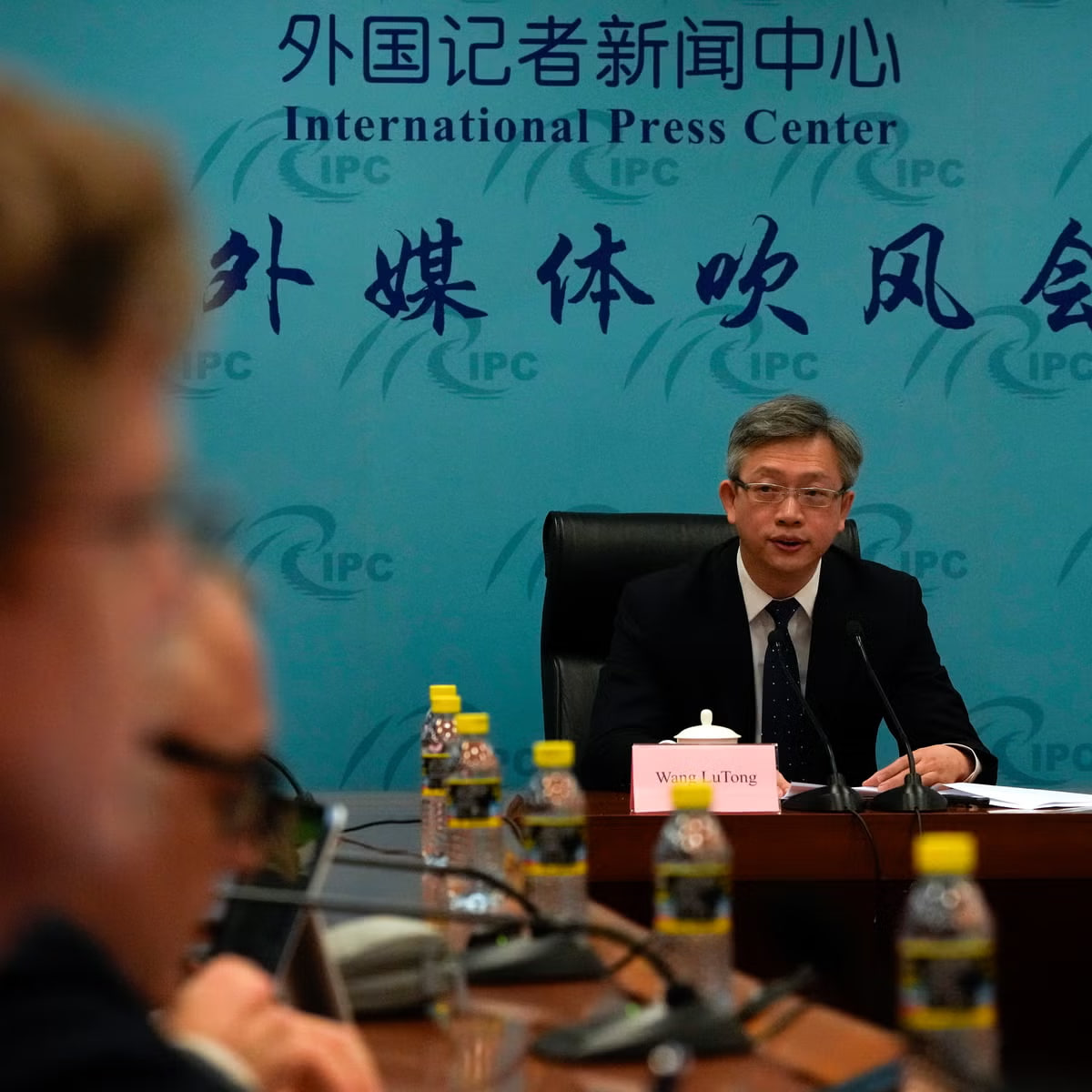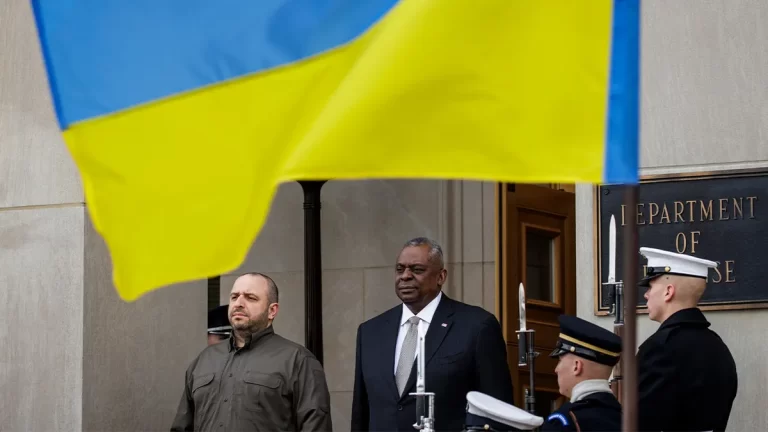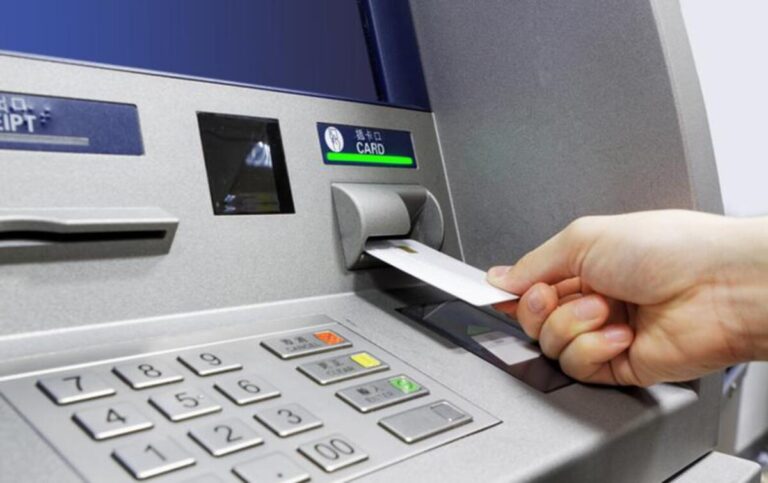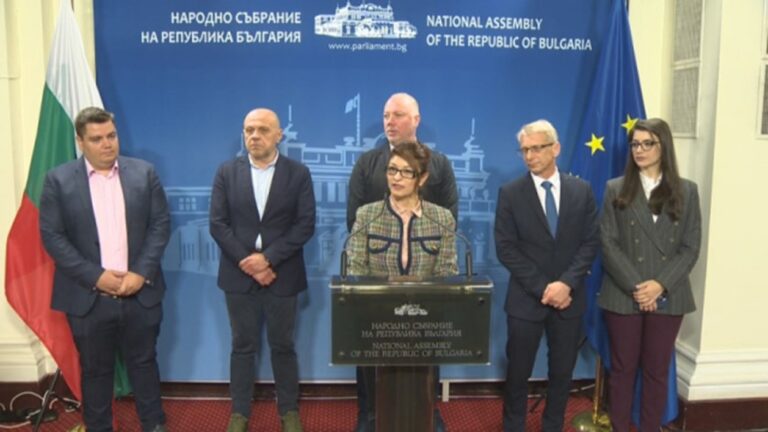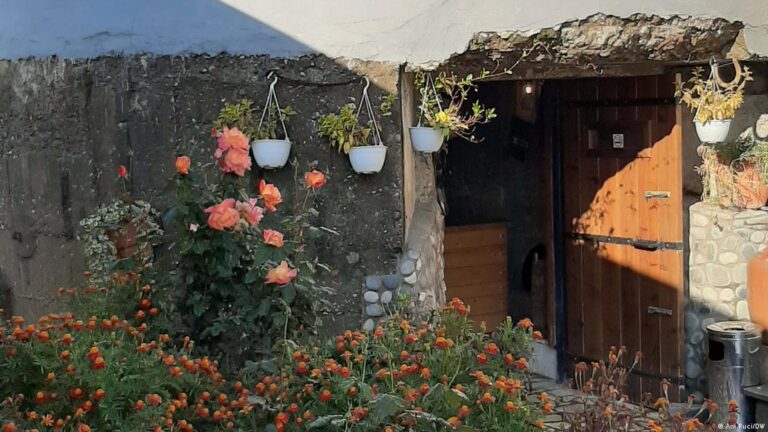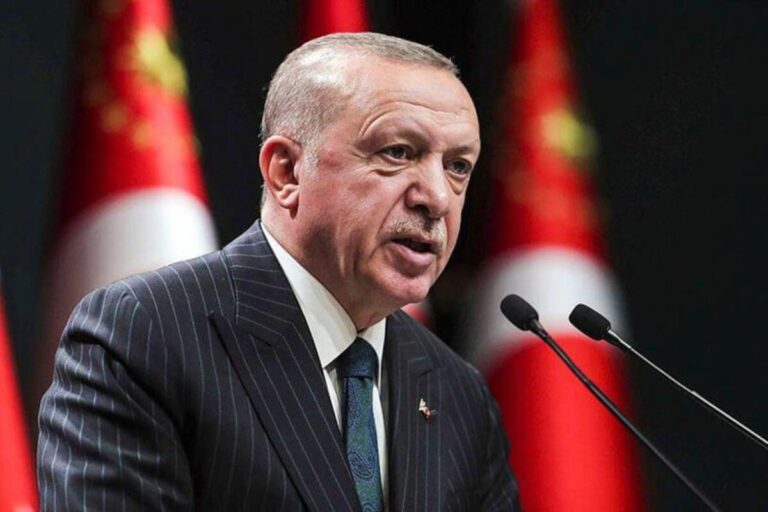From trade to human rights, the leaders of China and the European Union differed on a wide range of issues at a summit this week in the Chinese capital
BEIJING — From trade to human rights, the leaders of China and the European Union differed on a wide range of issues at a summit this week in the Chinese capital.
China, which sees Europe as an important export market, raised concerns about trade protectionism and “de-risking,” the EU initiative to reduce its reliance on any one country — such as China — for vital raw materials and products.
The EU, which sees imports from China as a potential threat to companies and jobs, pressured China on its large trade surplus with Europe and its de facto support for Russia in the war in Ukraine.
Separate post-summit news conferences on Thursday evening highlighted the divergent positions. Wang Lutong, the director general for European affairs, spoke to journalists at China’s Foreign Ministry.
Then EU Commission President Ursula von der Leyen and EU Council President Charles Michel held a joint news conference at the European Union office in Beijing.
VON DER LEYEN: “If you just look at the last two years, the trade deficit has doubled. This is a matter of great concern for a lot of Europeans. Such imbalances are just unsustainable. The root causes are well known, and we discussed them. They range from a lack of market access for European companies to the Chinese market to preferential treatment of domestic Chinese companies and overcapacities in the Chinese production.”
WANG: “Sometimes the EU relates the imbalance of trade between us to overcapacity and subsidies. But we don’t think there is overcapacity in such areas like green energy and clean energy. … China could be very useful to the green transition not only of the EU but also the whole world. So if you want us to support the EU in green transition, do not be protectionist. You make the choice between being protectionist and encouraging China to participate in your goal in order to achieve that green transition.”
WANG: “The Chinese side has expressed concerns to the EU side on its ‘de-risking’ and restrictive economic and trade policies, including the anti-subsidy investigation against Chinese electric vehicles as well as its 5G policies. The Chinese side has urged the EU to ensure openness of its trade and investment market, provide an equitable and non-discriminatory business environment for Chinese enterprises and be prudent in using trade remedies.”
VON DER LEYEN: “Politically, European leaders will not be able to tolerate that our industrial base is undermined by unfair competition. We like competition. It makes us better; it lowers prices; it is good for the consumers. But competition needs to be fair. … Europe does not want to decouple from China. … What we want is de-risking. De-risking is about managing the risks we see, addressing excessive dependencies through diversification of our supply chains … and thus increasing our resilience. And this is not exclusive to China.”
VON DER LEYEN: “Russia’s war of aggression is a blatant violation of international law and the U.N. Charter, and it is a serious threat to European security. And this is why we recalled the need for China to use all its influence on Russia to stop this war of aggression and to engage in Ukraine’s peace formula. We also reiterated (to China) to refrain from supplying lethal equipment to Russia and to prevent any attempts by Russia to undermine the impact of sanctions.”
WANG: “Sometimes European politicians said to us that China needs to speak to Russia, you need to speak to President Putin about withdrawing their soldiers. This is a very independent sovereign nation. President Putin is making his decision based on his own national interest and security. So that’s why we are also urging Europeans to speak to Russians about it. We think … it’s important that Europeans and Russians talk about the possible security architecture in Europe and it’s also important that Russians and Americans talk about the possible strategic stability.”
MICHEL: “For the European Union, human rights and fundamental freedoms are universal. We will never turn a blind eye to human rights cases. Today we welcome China’s resumption of the human rights dialogue, as we agreed during my visit (in December 2022 ). It’s a step in the right direction and today we continued this conversation at the highest level. We also highlighted cases of specific concern, such as the human rights violations in Xinjiang or Tibet.”
WANG: “Earlier this year, China and the EU resumed our dialogue on human rights. It was very productive, and we will do it again. … We also raised our concerns to Brussels, our concerns about human rights violations in European countries. And that dialogue should be designed to promote understanding and cooperation. (The) human rights issue should not be used as a stick to beat China, and I think the progress we have made in human rights was very much appreciated and acknowledged.”
WANG: “The Chinese side has elaborated its principled position on the Taiwan issue … and emphasized that the EU needs to show its commitment to the ‘one-China’ principle and the principle of non-interference in other countries’ domestic affairs, a basic form of governing international relations, with real actions. This is to uphold the political foundation of China-EU relations.”
MICHEL: “We are concerned about the growing tensions in the Taiwan Strait and in the South China Sea. We are opposed to any unilateral attempt to change the status quo by force or coercion, and the EU maintains its ‘one-China’ policy. I trust that China is fully aware of the serious consequences of any escalation in this region.”
Source: ABC News

